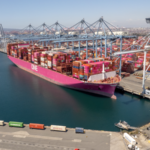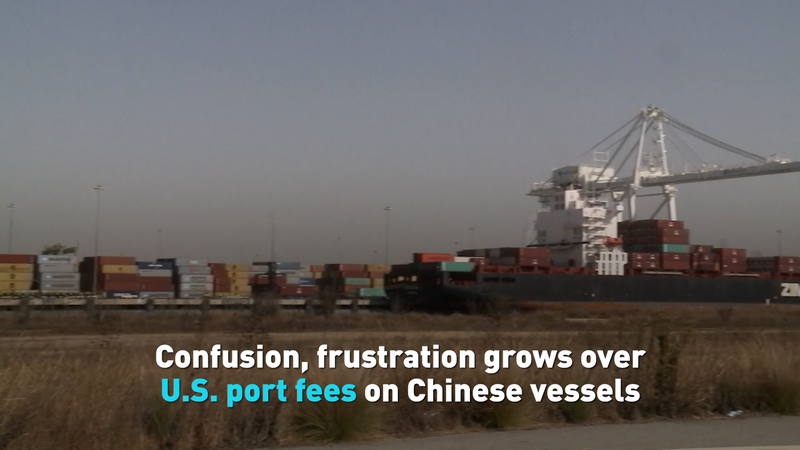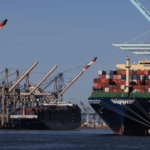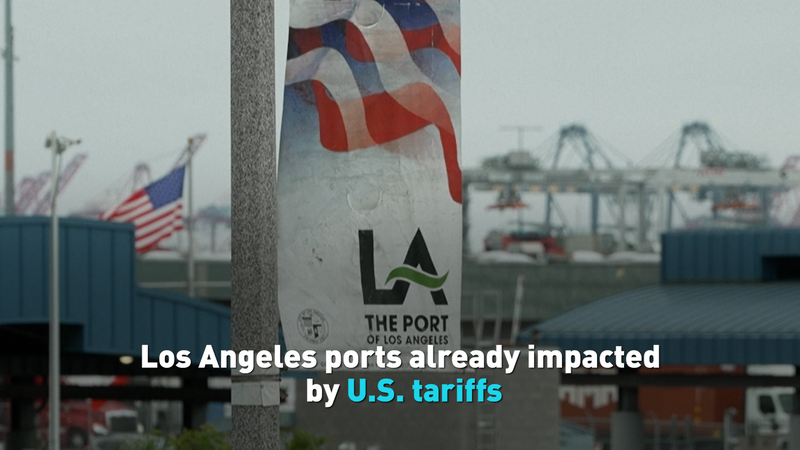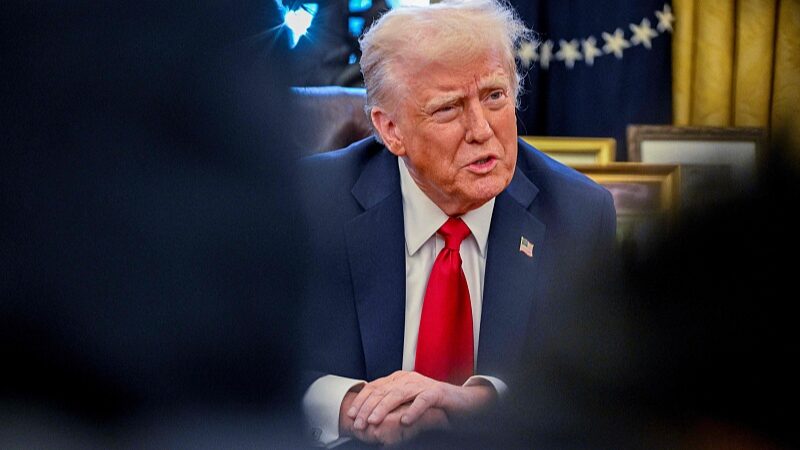The US government's new Section 301 measures targeting Chinese maritime operators and vessels could trigger cascading disruptions to global trade networks while worsening domestic inflation, experts warn. The restrictions, described as 'ripples from a stone cast into water,' risk destabilizing port operations and raising costs for American consumers.
How Supply Chains Will Feel the Shock: Additional fees and compliance burdens are expected to cascade through shipping routes, potentially worsening congestion at major US ports like Los Angeles and Long Beach. Analysts predict bottlenecks could rival pandemic-era delays, straining logistics systems and inflating prices for imported goods.
Shenzhen University Professor Chen Jihong notes these measures 'undermine the flexibility of global supply chains' at a time when stability is crucial for post-pandemic recovery. With China accounting for 30% of global shipbuilding output, the restrictions could force carriers to reconfigure routes, further straining maritime capacity.
Inflation Domino Effect: The US Federal Reserve's inflation battle could face new headwinds as tariffs push up prices for consumer electronics, automotive parts, and seasonal goods. Retail groups warn the measures might reverse recent progress on stabilizing prices ahead of the 2024 election cycle.
Editor's Note: Chen Jihong is a Distinguished Professor and Ph.D. Supervisor at Shenzhen University, and Dean of Shenzhen International Maritime Institute. Views expressed do not necessarily reflect those of CGTN.
Reference(s):
Section 301 curbs to worsen US inflation, disrupt global supply chains
cgtn.com


